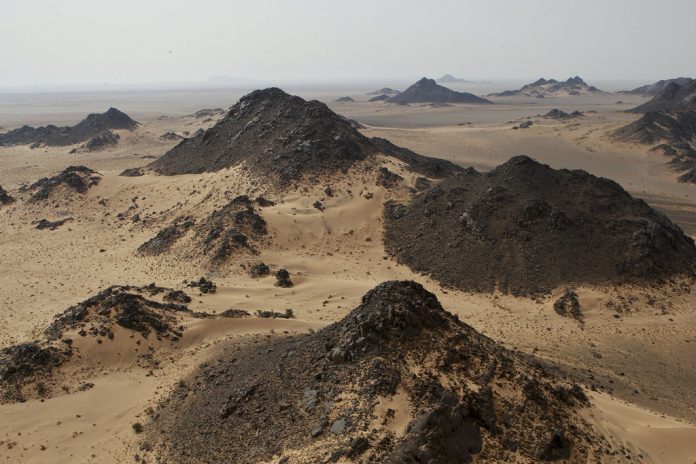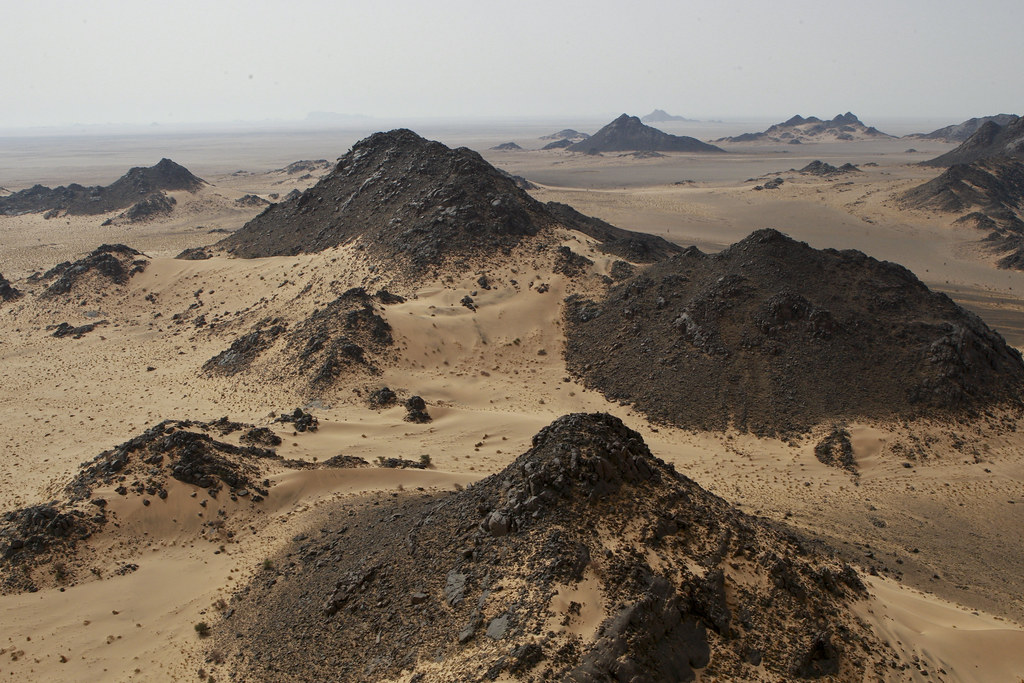
As the scorching sun beats down on the sprawling desert of Tantan, Morocco, the sands serve as more than just a dramatic backdrop.

Here, amid the vast expanse of the Sahara, the U.S. military and its African allies have assembled for African Lion, the largest annual joint military exercise on the continent—a potent symbol of strategic cooperation and a bulwark against the specter of growing instability.
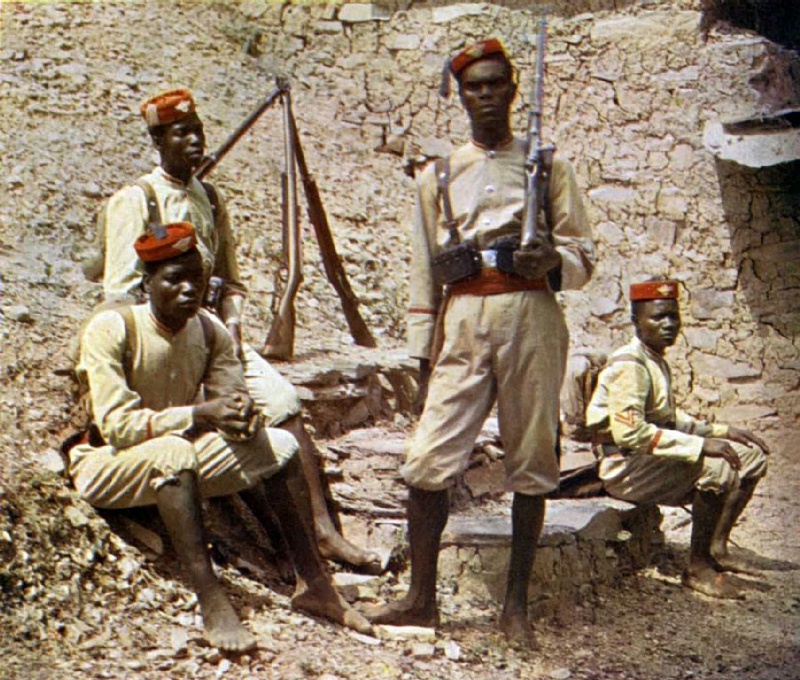
This year’s drills have drawn roughly 8,100 military forces from around thirty nations, maneuvering through Tunisia, Ghana, Senegal, and Morocco.
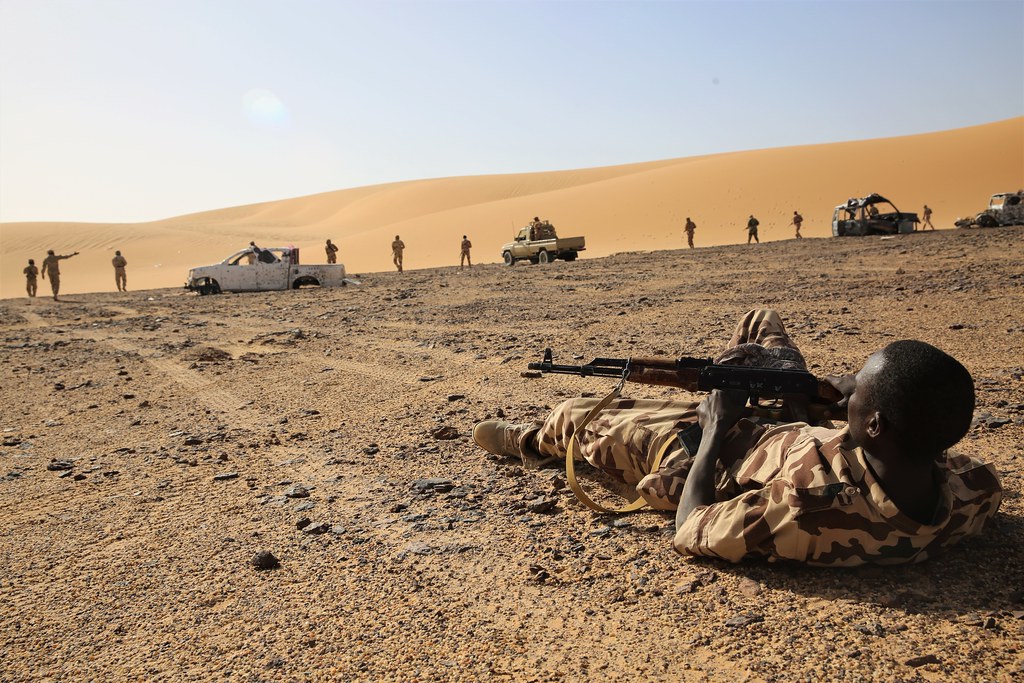
During the culminating event held in Morocco, generals from the United States and the host country commemorated the 20th anniversary of African Lion.
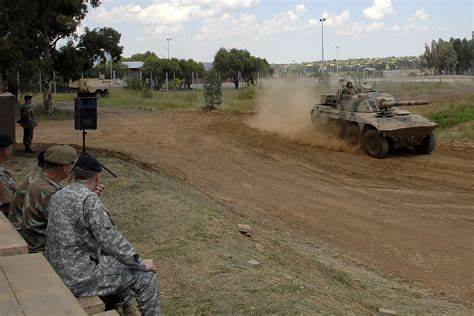
They highlighted the growth of partnerships between the U.S. and African militaries since the initiative’s inception.
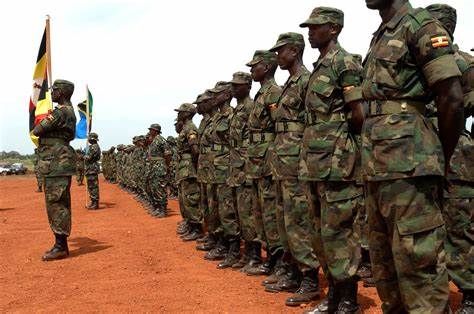
As Gen. Michael Langley, the head of the United States’ Africa Command, observed, these partnerships have expanded in scope, now encompassing not just security.

The grandeur of live-fire demonstrations belies a concerning context: parts of Africa are increasingly perilous. The United Nations has dubbed Africa the “global epicenter for terrorism,” with fatalities from extremist groups surging in the Sahel.
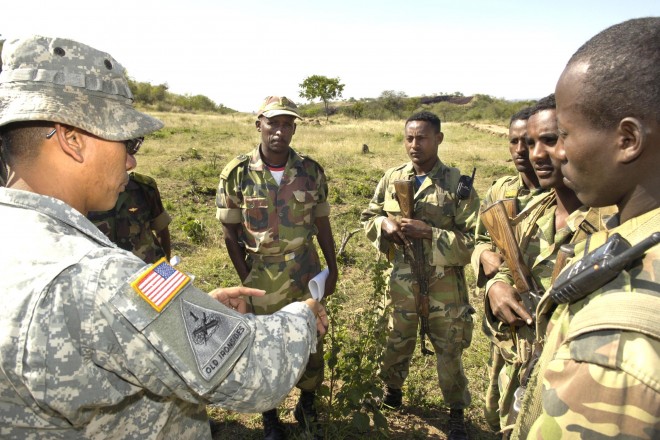
Starting in 2020, military officials dissatisfied with their governments’ efforts to curb violence have staged coups against democratically elected administrations in Mali, Burkina Faso, and Niger, subsequently shifting away from alliances with Western nations.

Between 2021 and 2024, militant groups claimed the lives of over 17,000 individuals in these three nations, as reported by data from the Armed Conflict Location & Event Data Project.

Amidst this turmoil, military coups have ousted democratically elected governments, with new leaders distancing themselves from the West and turning to other country support.
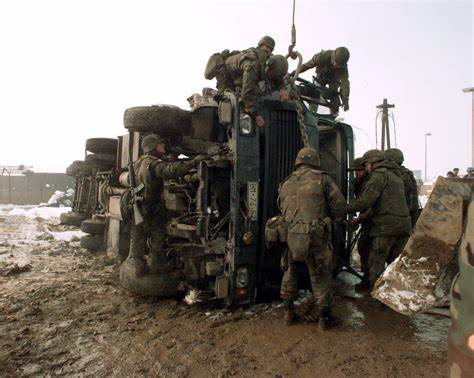
The United States is steadfast in its strategy, coupling weapons and intelligence assistance with initiatives to bolster civilian populations and strengthen institutions.
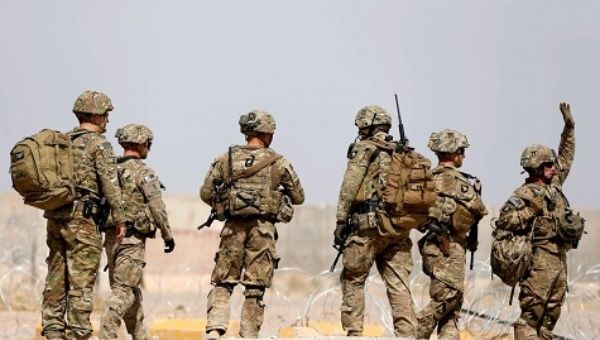
At African Lion, beyond the display of military hardware, the focus on a “whole of government” approach aims to address instability’s root causes, from climate change to displacement, rather than solely flexing military muscle.
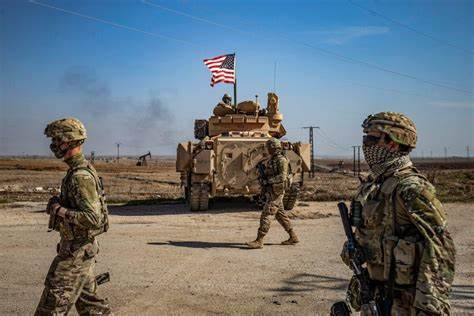
“We’re trying to ensure that we’re not only associated with kicking down doors,” Col. Kelley Togiola articulated the ethos, emphasizing the importance of sustaining relationships in times of crisis.
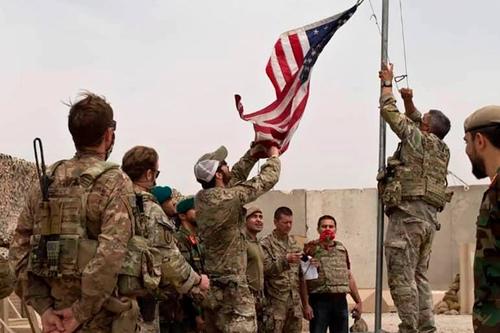
This strategy, however, contrasts sharply with entities like Africa Corps, the descendant of the Russian Wagner Group, which has come under scrutiny as its trained military officers have assumed power in countries like Guinea and Niger.

Cameron Hudson of the Center for Strategic and International Studies warns that the U.S.’s continued focus on counterterrorism could unwittingly empower military leaders, potentially undermining the consolidation of civilian democratic rule.
Relevant articles:
– US military completes major exercise in Africa and works to deepen partnerships, AP News
– AFRICOM commander meets African leaders at Exercise African Lion, U.S. Army Southern European Task Force, Africa (.mil)
– African Lion: National Guard supports continent’s largest military exercise, National Guard Bureau (.mil)
